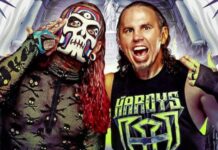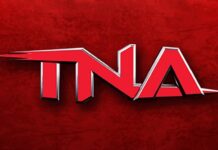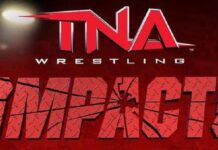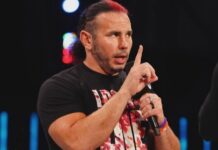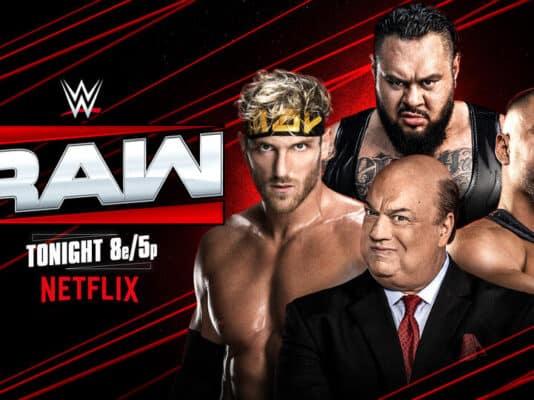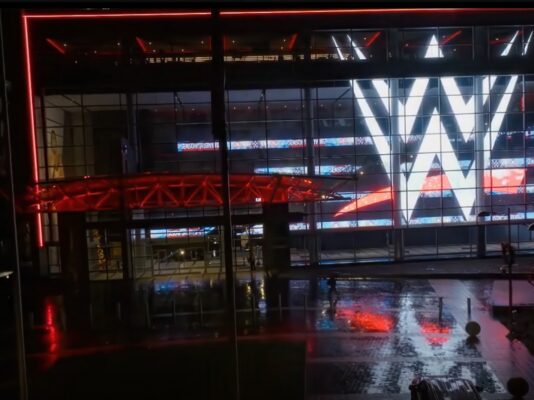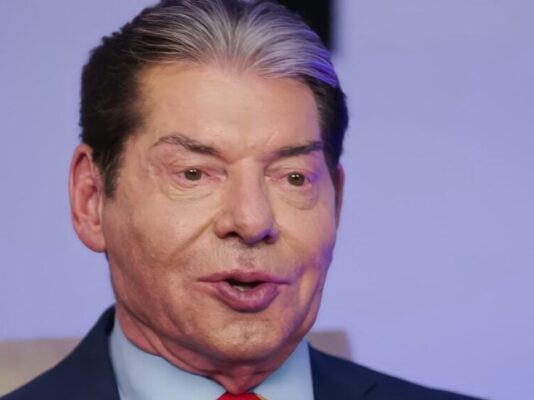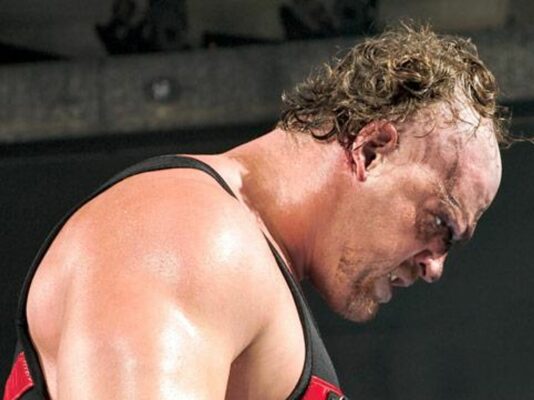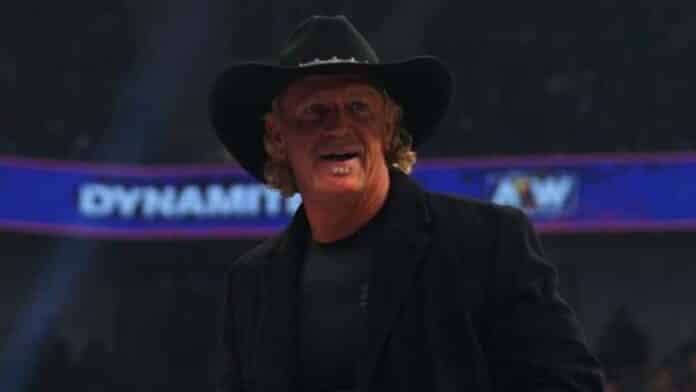
WWE Hall of Famer Jeff Jarrett, who is also All Elite Wrestling’s Director of Business Development, took to an episode of his “My World with Jeff Jarrett” podcast, where he talked about a number of topics including his first impression of Madison Rayne.
Jarrett said, “I could remember Vince [Russo] and — mainly Vince, but others in the creative room — wanting to add to the Beautiful People. If you will, they wanted to, ‘Hey, let’s get them a manager; let’s get them a third.’ And I was like, ‘Do we need to go down that route, just because they’re a property that’s clicking and working.’ And I saw both sides of it. And I’m not sure exactly who brought Madison to the table. But when she was brought into the package, yeah I could kind of see the vision that was going on. And I said, ‘Okay, it’ll work.’ Because then, the group became a little bit bigger, and I’ll won’t say diverse, but it just kind of fit into the shtick, if you will. A group of three was a notch up from just the tag team.”
On the narrative that TNA never made money with their PPVs on the road:
“You got fired up, which kind of got me fired up. Because yeah, the whole narrative is just completely ridiculous, but we made a calculated decision. ‘Let’s try a few pay-per-views on the road.’ Okay, we did. And then they wanted to try a few more, because there was an internal discussion. ‘Hey, it does look better. It is growing the brand.’ There was probably somebody on a mid-level at Spike that would say, ‘Hey, that looks really good,’ this and that. Well, there came a time when — again, I’m going to go back to Panda, Dallas, Bob Carter at the very top of that food chain that look took a hard look. And they were much more in tune with WWE numbers than I ever was during this timeframe. And you got to remember Conrad, March of 2009… during ’08 and ’09, I’ll just say — yes, it’s common knowledge within the inner circle, I was running hard both ways. Family, partying, and business. It was where my life was. So the outside world and the housing collapse and all of that stuff. I was numb to. Knowing the WWE numbers on a peripheral, just because they’re the competition. But really digging into their live event business, and looking at it, Panda having comparables on as much as we could gather. And then of course we looked at PPV year over year. ‘Okay, this year we’re in South Carolina, we’re in Dallas.’ Wherever we took our show on the road, and so you take a P&L [profit & loss] from that event, and then take one from the Impact Zone — Conrad, when I tell you it’s not even remotely close? It’s not even remotely close. Because it did not increase buys. And there were some shows — I’m sure, I don’t have any specifics, that the buys may be a little down.”
“So not only did it not affect the buys, it just massively threw our expenses way up because of the fixed cost of the studio. And when we compared it to what WWE was doing on their PPV, TVs, and then non-televised. They would break it out. It became very clear, that’s just a vanity project to go pursue, putting something on the road. In a one-off here and there, and I think we always said, ‘Hey, let’s try to do Slammiversary and Bound for Glory every year on the road, and maybe just Bound for Glory.’ But we knew the brand wasn’t ready for that.”
You can check out the complete podcast in the video below.
(H/T to 411Mania.com for transcribing the above quotes)

